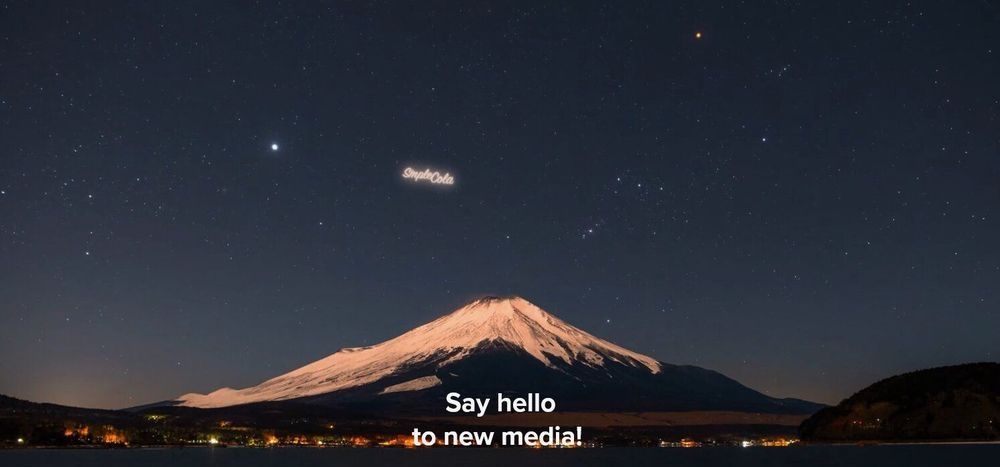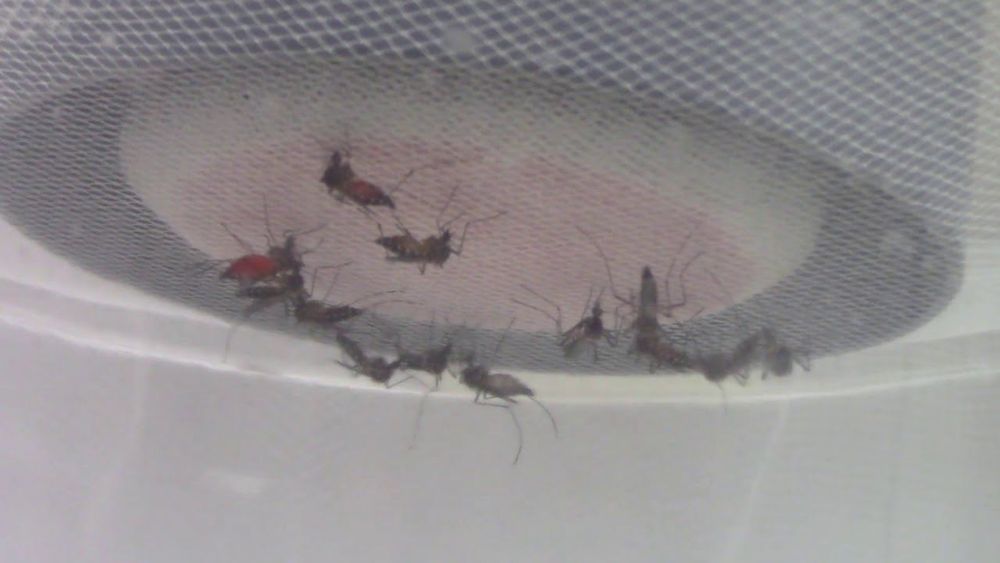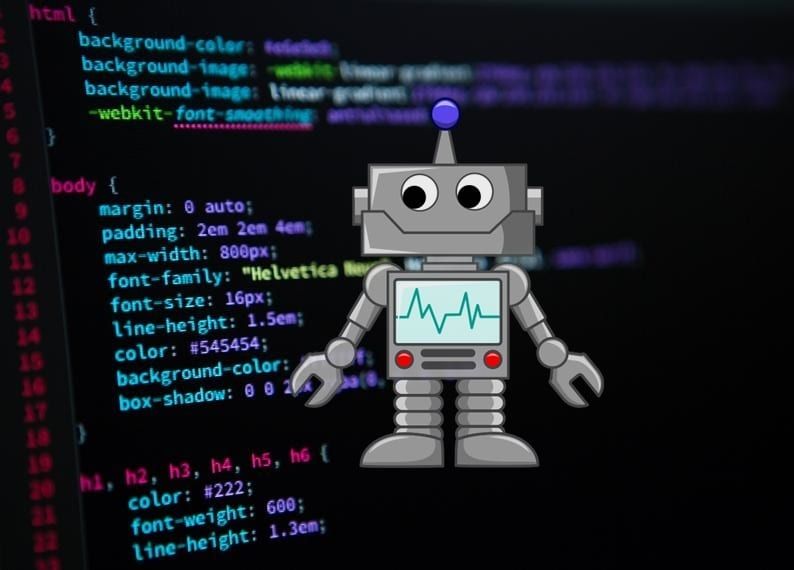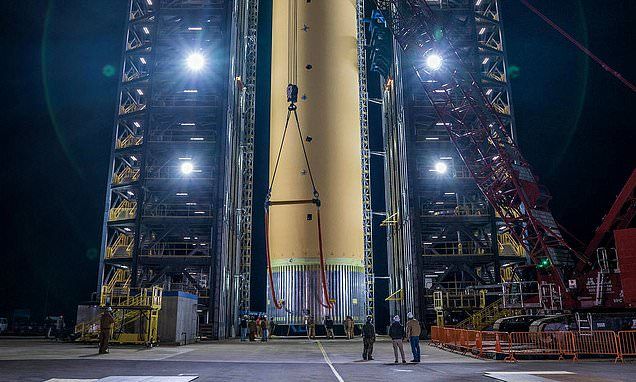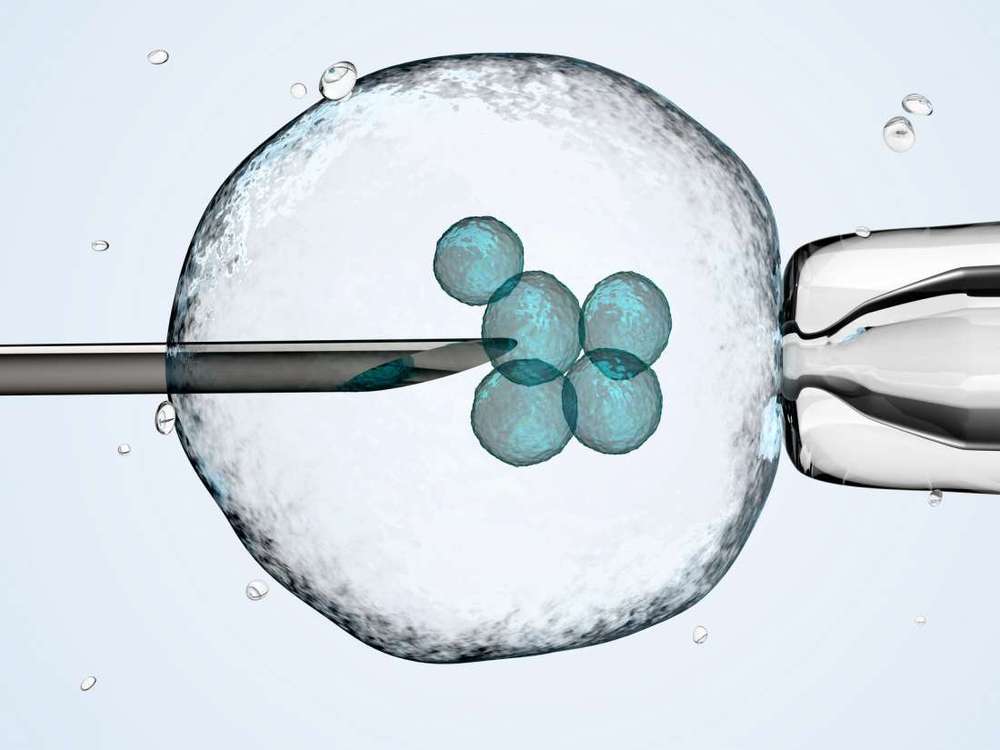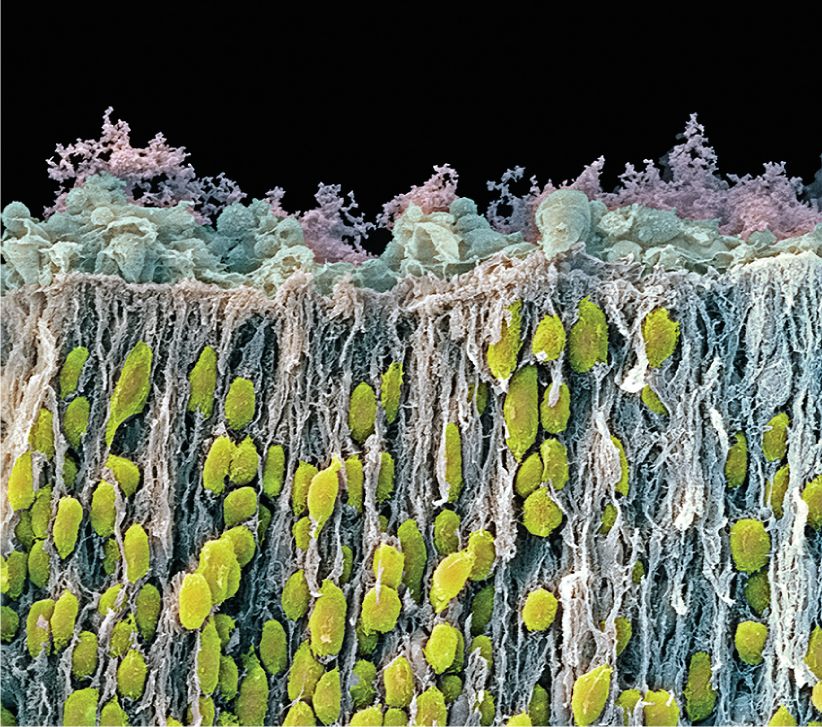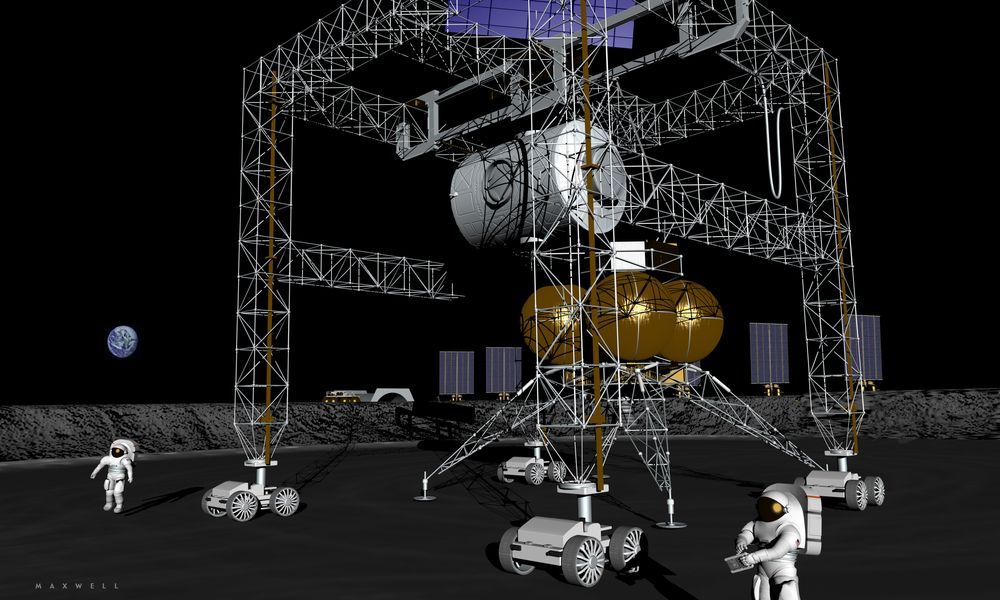Jan 18, 2019
Astronomers aren’t pleased about a Russian plan to put billboards in space
Posted by Caycee Dee Neely in categories: government, mobile phones, satellites
This is a horrible, horrible idea. The company wants to create a series of satellites that can unfurl, which will reflect light, and that can be manipulated to send messages to earth. The entire collection, comprised of CubeSats, will provide an area of about 50 sq. km. and create a whole new kind of orbital debris.
According to the website, “When phones don’t work, during zero visibility, power cuts and catastrophical emergencies – government can use the display for urgent notifications for the population.” We can ignore the idea of them being seen during zero visibility, but can you imagine a message floating in the sky that you can’t just turn off?
It was bound to happen.
Continue reading “Astronomers aren’t pleased about a Russian plan to put billboards in space” »
